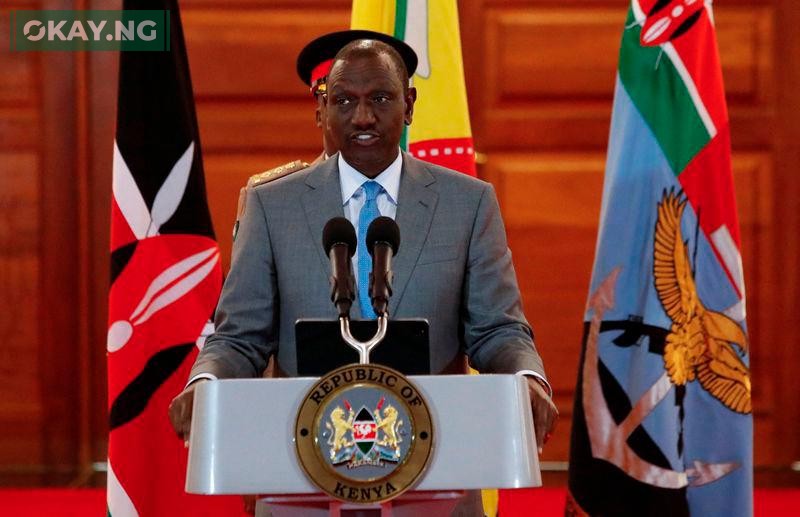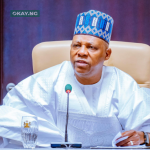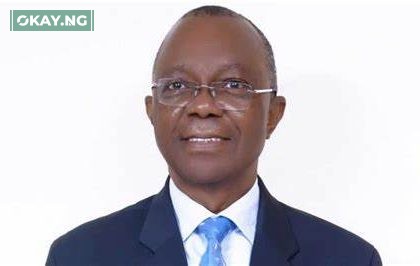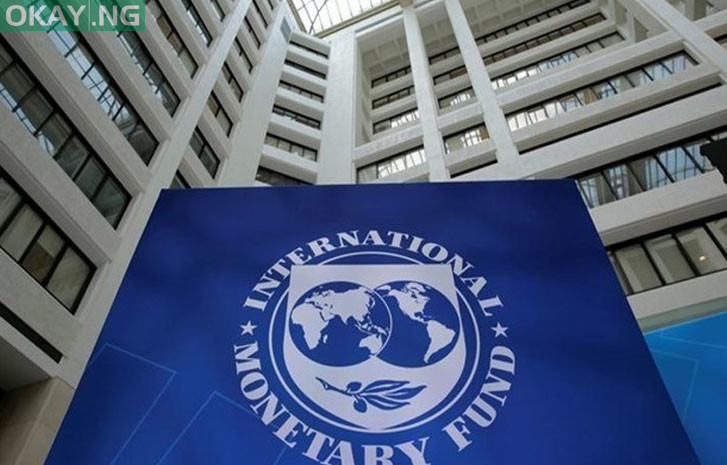President William Ruto of Kenya has bowed to public pressure, refusing to assent to a contentious finance bill that introduced new taxes, which had sparked widespread protests across the country.
The Kenyan Parliament passed the bill on Tuesday, June 25, but the decision was met with fierce opposition from Kenyan youths.
Protesters, who had been demonstrating against the bill since it was first sent to Parliament a week earlier, escalated their actions by storming the parliamentary building, setting a part of it on fire, and causing lawmakers to flee for safety.
This intense public outcry led to President Ruto’s decision to withdraw the bill on Wednesday.
“I concede and therefore I will not sign the 2024 Finance Bill, and it shall subsequently be withdrawn,” Ruto declared in a televised address. “The people have spoken,” the president asserted, emphasizing his intention to initiate a dialogue with Kenyan youths.
Although President Ruto refrained from providing detailed plans for the upcoming dialogue, he hinted at potential austerity measures, including cuts to the expenses of his own office, as a way to address the concerns raised by the protesters.
The president’s decision has been widely hailed by many who have closely followed the week-long protests in Nairobi and other major cities across Kenya. These protests had, by Tuesday, resulted in the deaths of at least seven people, further intensifying the urgency for a resolution.
Prior to the president’s announcement on Wednesday, the general sentiment in Kenya was one of continued resistance, with many protesters vowing to persist if the presidency decided to move forward with the tax hikes stipulated in the finance bill.
William Ruto, 57, has served as the president of Kenya, an East African nation with a population of approximately 48 million, since September 13, 2022.












